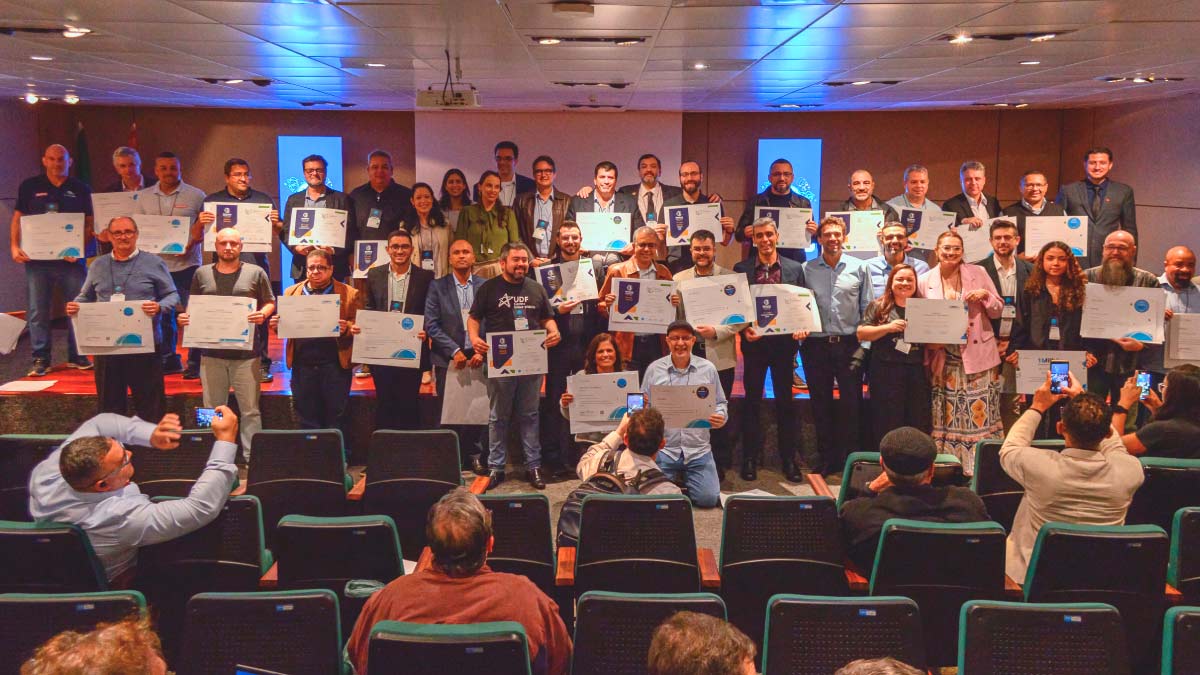It’s no surprise that there are big differences between boys and girls, but now a new study finds one of those differences could explain why fewer women pursue a career in science, technology, engineering and math.
The study, published in the journal PNAS analyzed math and reading test scores from 300,000 teenagers in 64 countries. What they found surprised them. Boys did perform marginally better than girls in math, by about 10%, but a bigger gender gap emerged with their reading scores. Girls outperformed boys in reading by a wide margin. Researchers say this gap was likely to lead more girls than boys to study humanities-related fields and fewer math-related ones.
Researchers believe since girls are so far advanced in reading, that could account for up to 80% of the gender gap in STEM studies because it comes at a critical time when students are deciding what to study in college.
The researchers said they hope this study will change the stereotypes of girls’ ability to do well in STEM subjects, and actually encourage more girls to study those subjects.
Cisco remains dedicated in closing the gender gap in STEM fields. The company has many programs aimed at getting more girls interested in pursuing a career in science and technology. One initiative, called Girls Power Tech gives girls and young women the opportunity to connect with Cisco mentors at offices around the world.
See also: When you empower a girl, you empower a community
At Girls Power Tech 2019, nearly 6,000 students came to Cisco offices at 110 different global locations to get a first-hand look at what career in tech can look like.
In the cybersecurity industry, there’s a huge skills gap, with hundreds of thousands of unfilled jobs just in the United States. To help fill those gaps, Cisco launched a new Cyber Defense Clinic for Education program. The program works in tandem with Cisco’s Networking Academy, which more than 9.2 million students in 180 countries have taken part in since it began two decades ago.
See also: Unique program educates students and helps close the cybersecurity skills gap
The results of this study show that it’s not a question of whether girls can excel in STEM fields, but more of giving them the opportunities to shine. The same goes for boys with reading. The researchers believe helping boys improve their reading skills could get them more interested in humanities. That in turn could get more girls to pursue a STEM career.




